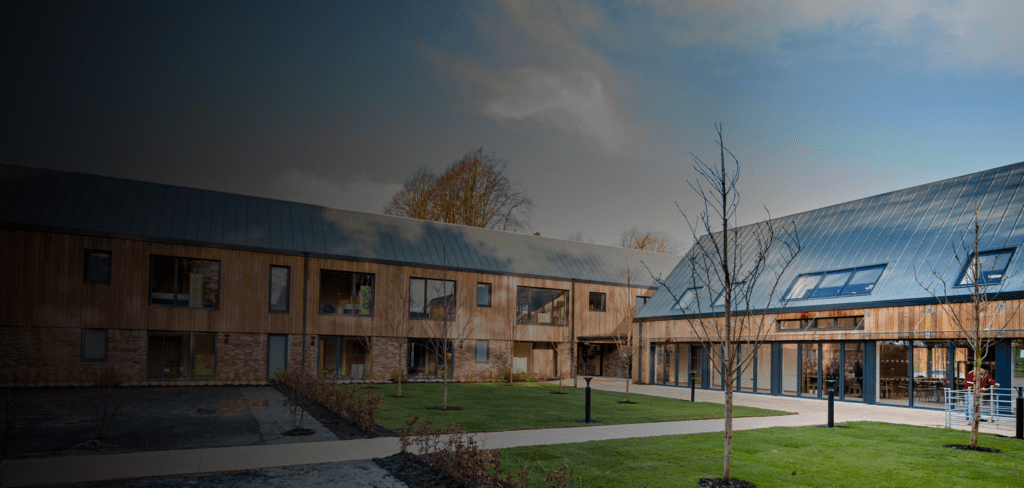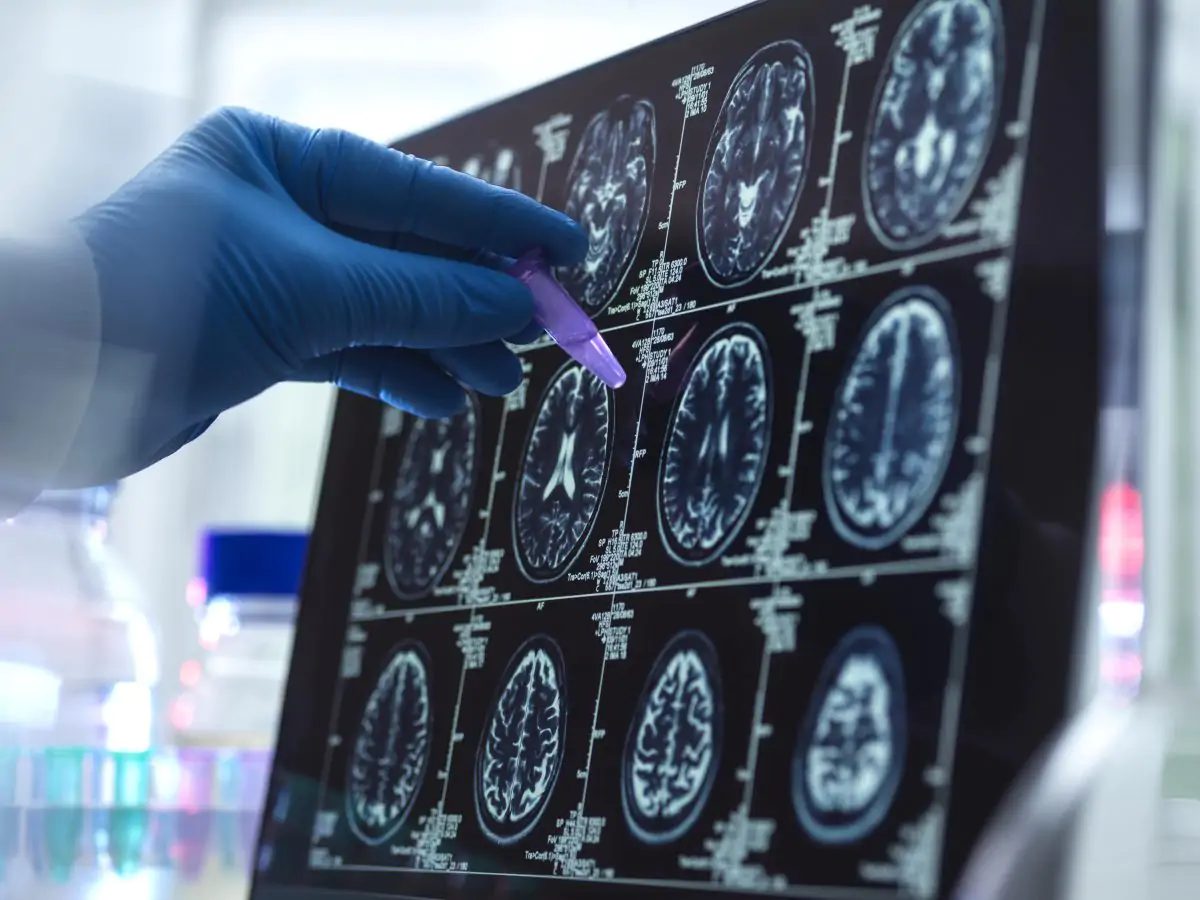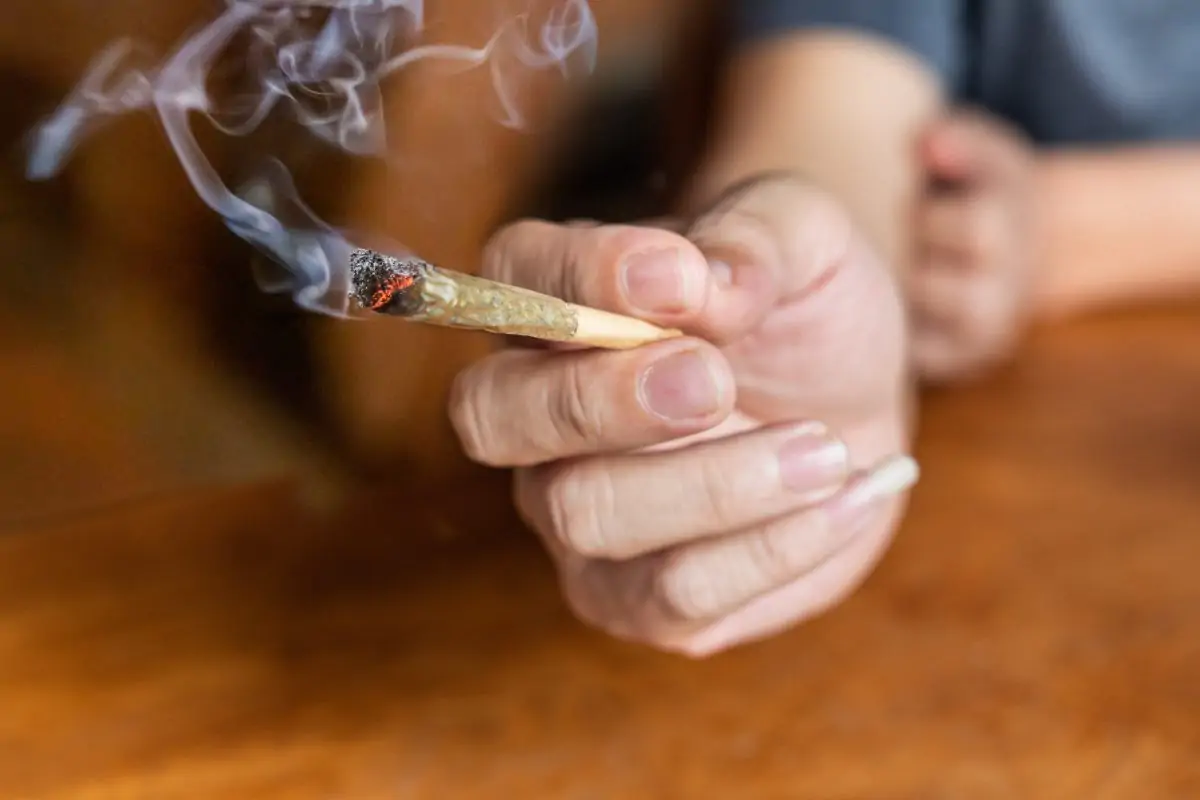“Cannabis is the ultimate ‘de-motivator’ and when addiction takes hold users often become isolated in the extreme.”
Cannabis Addiction
No one should have to struggle with a cannabis addiction alone. At Delamere, we offer cannabis addiction treatment within our state-of-the-art, purpose-built rehab centre. Our approach to addiction treatment is purposefully intensive to allow us to get to the root cause of the problem and help you grow from addiction.


Help for cannabis addiction at Delamere
Whilst some people may be able to use cannabis in moderation seemingly without implications, about one in ten people become addicted to cannabis and the consequences are no less devastating than that of supposedly ‘harder’ substances. At Delamere, we provide intensive cannabis addiction help and cannabis detox with our 4-phase programme.
The Delamere team comprises dedicated therapists, doctors, nurses, counsellors, and support staff, many of whom have also overcome addictions themselves, and are the true heart and soul of Delamere. Providing unparalleled support, our team is here to help you in your recovery.
Helping guests grow beyond addiction at Delamere
“Delamere focuses on equipping you with the tools to love sobriety and understand what led to the addiction in the first place which really helped me grow.” – Former Delamere guest
View Our Treatment Model View our Environment Call now: 0330 111 2015
When to seek cannabis addiction treatment
Recent data suggests that, of those people who start using cannabis during their teenage years, 17% will develop a dependence or addiction to it. Cannabis rehab at Delamere offers anyone with an unhealthy or dependent relationship with the substance a chance at long-term recovery.
If you are concerned about your relationship with cannabis or perhaps you are worried about a friend or loved one, you may observe the following signs and symptoms of cannabis addiction:
- Use in dangerous situations like driving or operating heavy machinery.
- Withdrawing from family and friends.
- Obsession with seeking potent cannabis strains or combining with medications or other drugs.
- Finances, work, or school suffering.
- Seeming highly anxious without cannabis.
- Extreme mood swings (aggression, euphoria, apathy).
- Impaired memory.


The Delamere approach to cannabis addiction
An inpatient stay at Delamere is a deliberately intensive 4-phase cannabis addiction treatment, one which we have crafted over time and has helped many participants recover. Our emphasis is on holistic care to treat addiction and associated issues. This means that we treat the whole person rather than just the symptoms they present with. We believe that successful treatment runs far deeper than simply stopping the addictive substance or behaviour.
Our approach at Delamere comprises 4 core phases: Stop, Start, Grow, & Bloom. Everything we offer at Delamere aims at effective and lasting outcomes in addiction treatment:
How to encourage a loved one to get cannabis addiction treatment
Watching someone lose themselves to a cannabis addiction can cause a lot of anxiety, stress, and frustration within relationships. If you are looking for help for a friend, working with someone or living alongside someone who is displaying symptoms of cannabis addiction, we’re here to help. At Delamere, we provide family support services to help your loved one confront addiction and denial in a safe and supportive space.
Should it be necessary, we also offer intervention services whereby we work alongside you to help prepare and rehearse a formal intervention that will culminate in your loved one entering treatment with us. If you are considering organising an intervention for your loved one, friend, or colleague, contact Delamere today.
Frequently asked questions about cannabis addiction
When someone has been using cannabis regularly in hazardous amounts, their body becomes accustomed to the drug. When they stop using the substance, their body can react which brings about cannabis withdrawal symptoms. At Delamere, we believe that the first step in tackling cannabis addiction is stopping. We have a medical team on site 24 hours a day to help you adapt to not using and look after your physical wellbeing throughout. If you have struggled to stop on your own and have experienced cannabis withdrawal symptoms, we can help.
Upon leaving Delamere and returning to your everyday life, we ensure that we continue to support you and help you future proof your abstinence, for a period of 12 months post treatment at no incremental cost. We understand how crucial it is to provide support in early recovery. That’s why we created ‘Bloom’. Each week, during Bloom, guests reconvene with a small peer group of fellow guests who work alongside one of Delamere’s dedicated Bloom Mentors. Each group work through a bespoke syllabus of twelve weekly modules, helping former guests employ the strategies they have learned whilst staying anchored to support. On completion of Bloom, guests have access to our weekly aftercare sessions for up to 12 months post-residential treatment.
Let us help you today
Start your recovery journey by contacting us today.
Confidential. Straightforward. Friendly.
Help and Support for Cannabis Addiction Recovery
Discover more advice on the Delamere blog
-
What really happens to the brain and body when you take ketamine?
Find out what really happens to the brain & body when you take ketamine? LBC came to Delamere to speak about the increasing harm associated with ketamine use.
-
Cannabis is no longer just a ‘gateway drug’
A recent study shows that cannabis use increases the risk of paranoia & poor mental health outcomes. Find out more at Delamere.
-
Everything you need to know about ketamine bladder
What is ketamine bladder? Find out everything you need to know about ketamine bladder at Delamere Health.
-
Paying the price for a party: How cocaine can affect the brain
Delamere takes a look at how cocaine can affect the brain. Read our blog, Paying the price for a party.





















